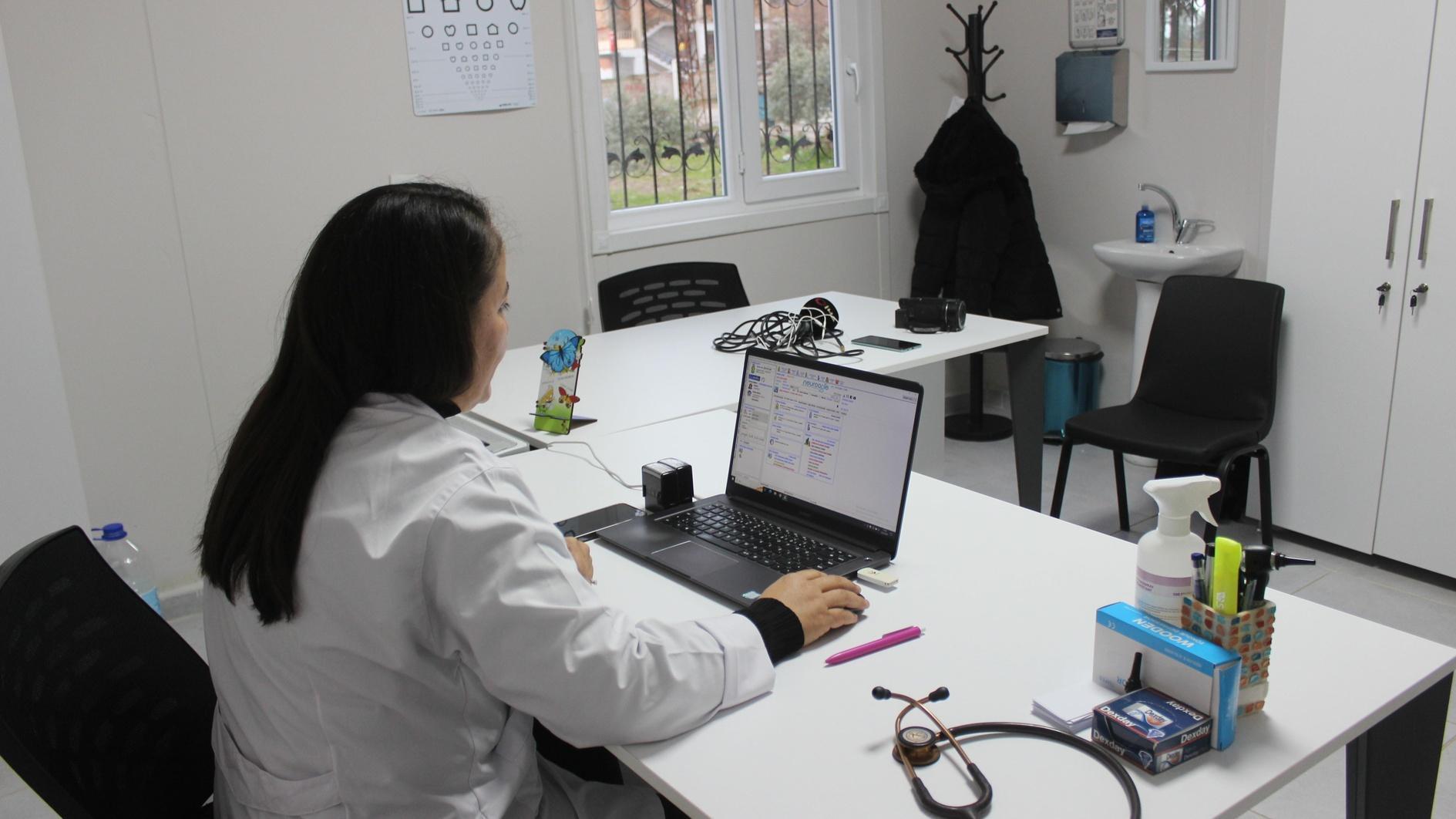Not all politics is local in Turkey
“All politics is local” is a common phrase in the United States which was coined by a former speaker of the House, Tip O’Neill. It suggests that the primary task of a politician is to address the issues of his or her constituency, to understand and to deal with their problems, and to use his or her resources to this end.
Although this understanding was first born in the U.S., it has become universal with the development of democracy in the world particularly after the end of the Cold War.
“Local democracy” as a concept has been introduced by political sciences as the core of democratic decentralization for bottom-up governances to let the voice of each and every citizen to be heard by the national governments.
That would also help build a strong national democracy through a competition at the local level if the politicians from different political parties race against each other to win the votes of their communities. However, with just one condition: The positions of local politicians should not depend on the decisions of the party chairman at the headquarters.
This introduction was necessary to understand today’s state of local politics in Turkey, especially as the nation prepares to go to mayoral polls in two months. There are some important features with regards to these upcoming elections.
First, as this column had already assessed, March 31 will be more of a repetition of the general elections than local elections. It’s a first that political parties set up alliances and choose mutual candidates to run for local positions.
The Justice and Development Party (AKP) and the Nationalist Movement Party (MHP) will continue their People’s Alliance, whereas the Republican People’s Party (CHP) and the İYİ (Good) Party will run as the Nation Alliance for the local polls.
Both alliances have decided to represent joint candidates in many provinces, including Istanbul, Ankara, İzmir, Adana, and another metropolis.
Second, this fact has important impacts and changes on the nature of local elections and therefore local politics. In many constituencies where alliances run against each other, candidates have been picked directly by the leaders out of potential contenders who would also be sympathetic to the voters of the allied party.
This caused putting the needs and expectations as well as political figures of local communities on the back burner. This situation created more problems within the Nation Alliance than the People’s Alliance because of strong ideological differences. The fact that the Peoples’ Democratic Party (HDP) announced its decision not to represent candidates for Istanbul, Ankara, and Adana has further complicated the situation as the pro-Kurdish party’s move was regarded as a support to the Nation Alliance. Two lawmakers from the İYİ Party have already announced their resignations over this development.
Equally important, many provincial organizations of the CHP and the İYİ Party have also announced their decision to break up with their parties in a way to show their disturbance with the selected joint candidate. Many constituencies will, therefore, have to vote for candidates represented by Ankara and who are in fact not much to do with their local communities.
A big in-house row is therefore about to hit the CHP in the coming weeks and months, especially in the aftermath of local polls in the event that projected victories cannot be held especially in two big cities, Istanbul and Ankara.
This is also the case with regards to the MHP. Some of the provincial organizations who have reacted against the way of choosing local candidates have been dismissed by MHP leader Devlet Bahçeli. “If it’s about a few more municipalities or the security of Turkey, we will vote for the latter” was the main message of Bahçeli who was explaining the motive behind the cooperation with the AKP.
Not immediately related with all these political moves, but the continued weakening of the local media should also be evaluated as part of this picture. Scores of local papers and television channels had to be shut down only in the last six months due to harsh economic conditions. The increases in the costs of papers and ink, as well as the reduction in the advertisement revenues, were primary reasons for this decline, which also has consequences over the quality of local democracy.
All these sufficiently describe the fact that Turkish politics is in a rapid process of centralization as a result of continued societal polarization. This is not a good trend for an already troubled state of democracy in Turkey.











